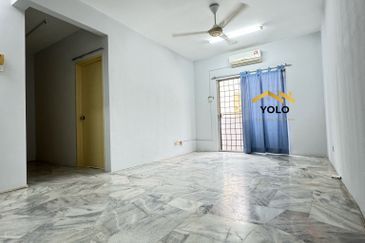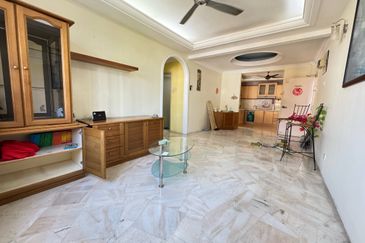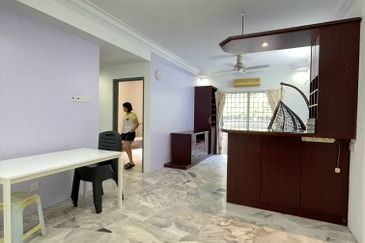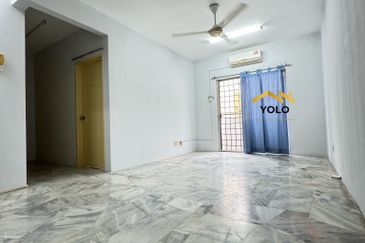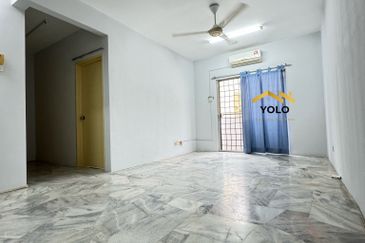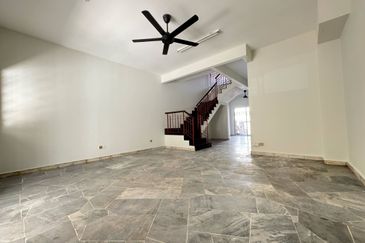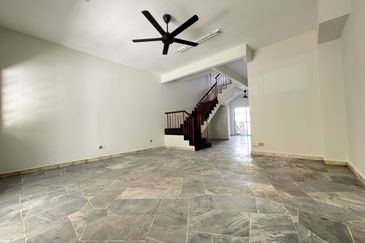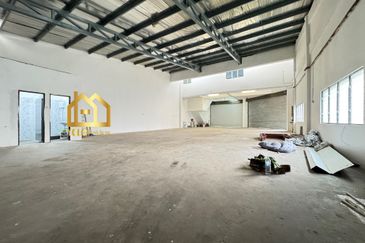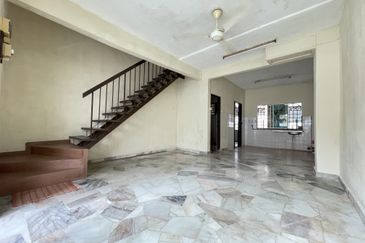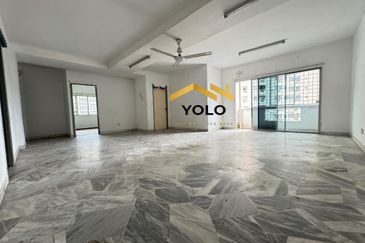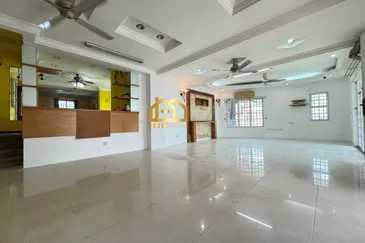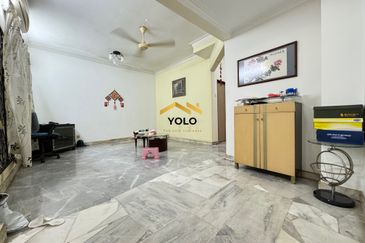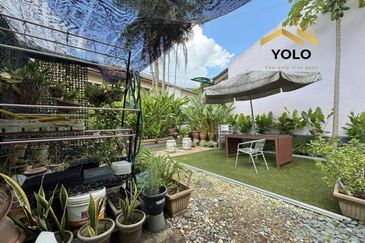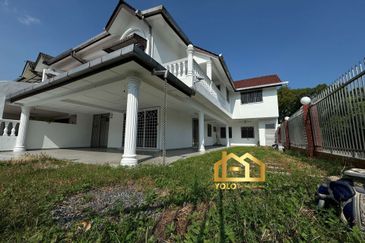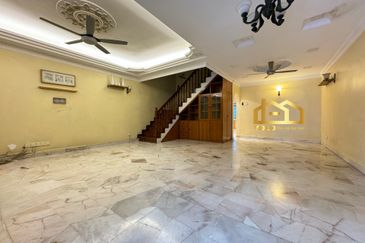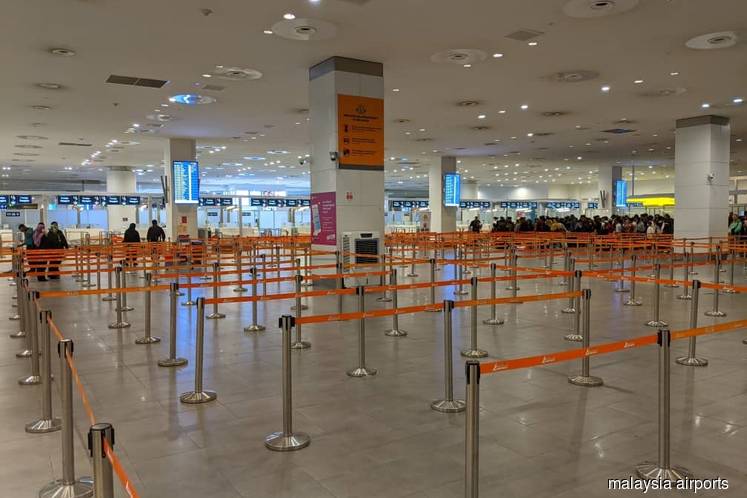
KUALA LUMPUR (Jan 3): The immigration arrival area at klia2 has been expanded to twice its original size, doubling its capacity.
In a statement today, Malaysia Airports said the new facility was opened three days prior to the new year, in time to meet tourist arrivals in conjunction with Visit Malaysia 2020.
Malaysia Airports group chief executive officer Raja Azmi Raja Nazuddin said the organisation is continuously striving to deliver improved passenger experience at the airport.
He noted that this was among the feedback Malaysia Airports received therefore it decided to reconfigure the location of the arrival immigration counters to create more space.
"In our bid to live up to our service transformation into a Caring Host, we made this initiative a priority — completing it within a short duration and even relocating our Eraman Duty Free outlet," he added.
Malaysia Airports noted that the new facility, approximately 1,400 sq m, will be able to accommodate about 1,000 people at a time.
"This much larger space will also prevent the immigration queue from spilling over into the corridor area that is connected to the arrival gates, especially during peak periods," it said.
It stated that it implemented the snake queue system, which provides a more orderly experience and helps promote a shorter average wait time.
The newly revamped immigration arrival hall is more passenger-friendly with the introduction of priority lanes for disabled passengers and family with small children.
"With full cooperation from Immigration to fully man the 58 counters that have been made available, Malaysia Airports hopes that the queuing time can be reduced even further," it said.
There are also 10 auto-gates dedicated for Malaysian passport holders to facilitate faster clearance and ease the process.
Raja Azmi said passenger flow is now smoother and congestion at the area is expected to be a thing of the past.
"With full support from our partners, the Department of Immigration KLIA (Immigration) and AirAsia, we had completed the initiative in record time within seven weeks in time to cater to the super peak travelling period during Christmas and school holidays," he added.


